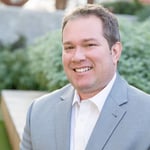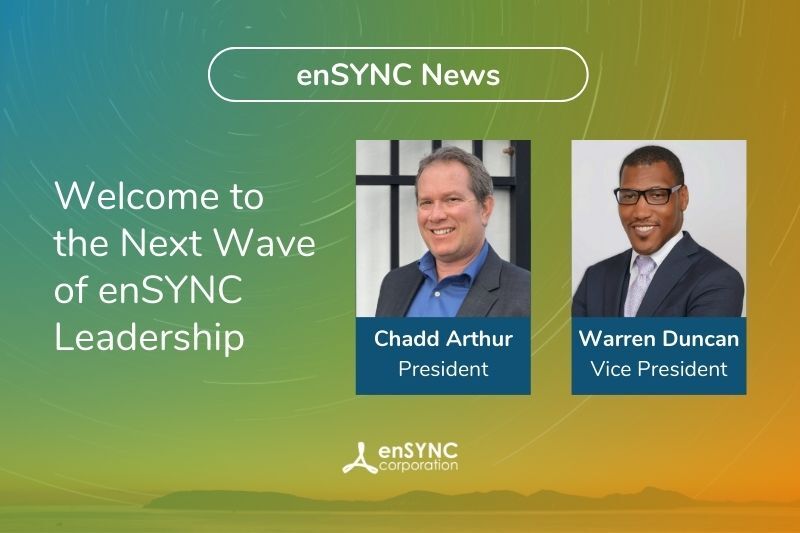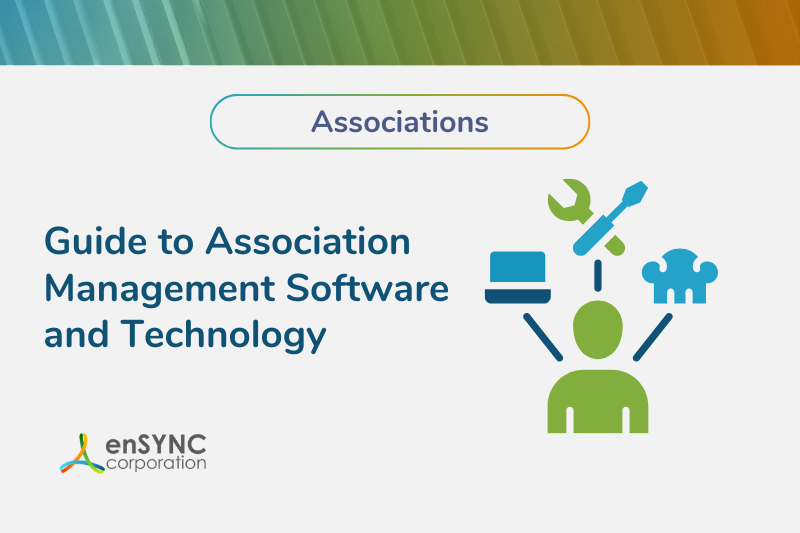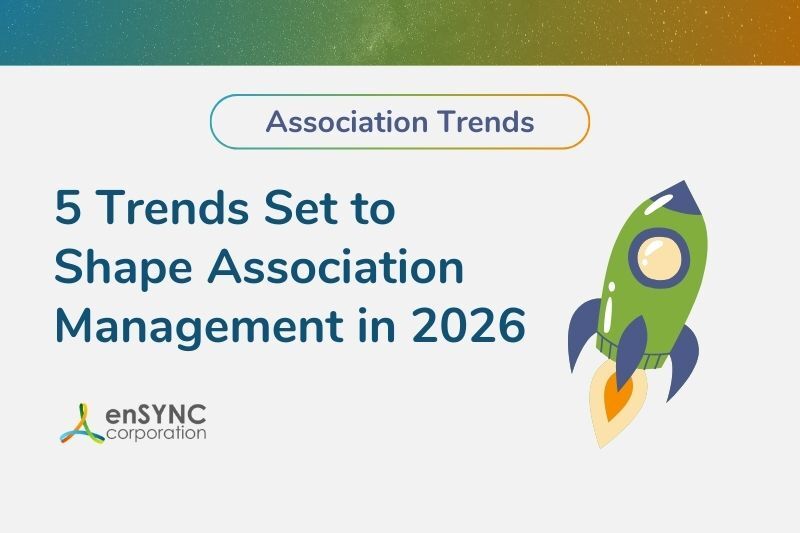Strategy & planning | Senior living | Financial management
Using Effective Strategies for Revenue Generation
March 5, 2024
|
Nonprofit senior living leaders are juggling many different challenges today, including everything from demographic shifts and new healthcare rules to increased financial constraints and a greater demand for quality care.
In this current landscape, organizations need to explore all possible funding strategies for revenue generation and bring in consulting services and technology as needed. That's where grant writing and grant management come in, presenting opportunities to secure additional funding to support operations and expansion goals.
Finding Grants for Nonprofit Senior Living Organizations
Start your grant search by exploring online databases like Grants.gov, Foundation Directory Online, and GrantWatch. These platforms list various grant opportunities from government agencies, private foundations, and corporations. Additionally, check government agency websites such as the Administration for Community Living (ACL) and private foundation websites focusing on senior care.
Keep an eye out for grants that suit the organization's mission, objectives, and needs. Once you’ve found potential grant opportunities, carefully review them to confirm eligibility and identify which grants to apply for.
Grant Writing Basics: How to Submit Successful Applications
Grant writing can be a bit of an art and a science. One key is to simply — but effectively — articulate the organization's mission, needs, and impact on the community when sending out proposals. Here are a few other things to keep in mind:
- Understand the funder's priorities. Tailor grant proposals to address the specific goals and criteria outlined by the grantor.
- Tell a compelling story. Describe the organization's community impact, who the organization helps, and the outcomes it aims to achieve.
- Provide evidence of effectiveness. Support grant proposals with data, testimonials and case studies demonstrating the organization's successful track record.
- Develop a clear budget. Outline how grant funds will be used and justify expenses to ensure transparency and accountability.
- Follow application guidelines. Adhere to formatting requirements, submission deadlines, and any other instructions provided by the grantor.
- Seek feedback. Solicit input from colleagues, mentors, or grant writing professionals to strengthen grant proposals before submission.
Grant Management Basics: How to Track Success
Securing grants is just the first step in the process. Teams should also prioritize grant management, such as using software that can track expenses and progress. This information is important to share with all stakeholders, especially the grant funders.
Grant Strategies for Revenue Generation
Senior living organizations looking to expand their grant funding should be mindful of the following three key strategies for revenue generation.
- Diversify funding sources: While government grants may provide substantial support, organizations should also explore opportunities from corporate sponsorships, individual donors, and community partnerships. By casting a wide net, organizations can reduce some of the risks associated with relying on just one or two funding sources.
- Tailor grant proposals: While your initial grant search may be structured around senior care, you can also address specific funding needs that fall under the umbrella of other types of grants. For instance, if your organization is looking to improve its staff capabilities, you can seek out workforce development grants.
- Foster collaboration: Fostering collaboration with other stakeholders within the healthcare ecosystem can unlock additional revenue-generating opportunities. Working with other hospitals, medical centers, and research institutions can increase access to grant funding. Organizations can tap into these new relationships to also share resources, get referrals, and build expertise.
Alternative Strategies for Revenue Generation
In addition to grant funding, senior care organizations should explore other revenue streams to supplement income. For instance, organizations can look into offering specialized services, such as memory care programs or rehabilitation therapy, that can attract private clients and new revenue sources. Investing in amenities that cater to affluent clientele can command premium pricing, which could increase the average revenue per resident.
Fee-for-service arrangements can also add alternative revenue streams. For instance, senior living organizations can create and offer special events, such as outings to a baseball game or restaurant, for residents and their families. Organizations can add services onsite, too, like offering haircuts, manicures, or massages.
Ultimately, senior living organizations can use an array of strategies for revenue generation, with grant writing and grant management as a central strategy.
Working on Boosting Revenue Generation? We Can Help.
We leverage technology to enhance senior living organizations’ financial wellness and drive sustainable revenue growth. Let's discuss solutions to meet your organization's needs!

Chadd Arthur is a seasoned professional with over 25 years of experience in the non-profit sector, specializing in process improvement and the strategic alignment of organizational goals with technology solutions. Leveraging his extensive expertise, Chadd conducts regular strategic assessments for organizations, guiding them towards enhanced efficiency and effectiveness. With a profound passion for aiding clients in recognizing the value of process improvement, Chadd leads our team in secure technology solutions that directly contribute to their mission success. His commitment to excellence is evident in his contributions to the industry, including participating in panels and serving as a thought leader to a network of non-profit professionals. Chadd earned his MBA from Indiana University Bloomington and resides outside the greater Chicago area. Chadd not only brings a wealth of knowledge and experience but also a dedication to making a meaningful impact in the non-profit space.
Recent Posts

enSYNC Corporation Announces New Leadership as It Celebrates 30 Years
enSYNC Corporation, a national award-winning technology partner to mission-based organizations, has appointed Chadd Arthur as President and Warren...

Guide to Association Management Software and Technology
Managing associations, with their many moving parts, is a complicated process to say the least. To streamline these complex operations, modern member...
Enjoying our blog?
At enSYNC, we want to empower associations and nonprofits to make well-educated decisions. If you want our industry knowledge (and other free guides) sent directly to your inbox, fill out the form below.


